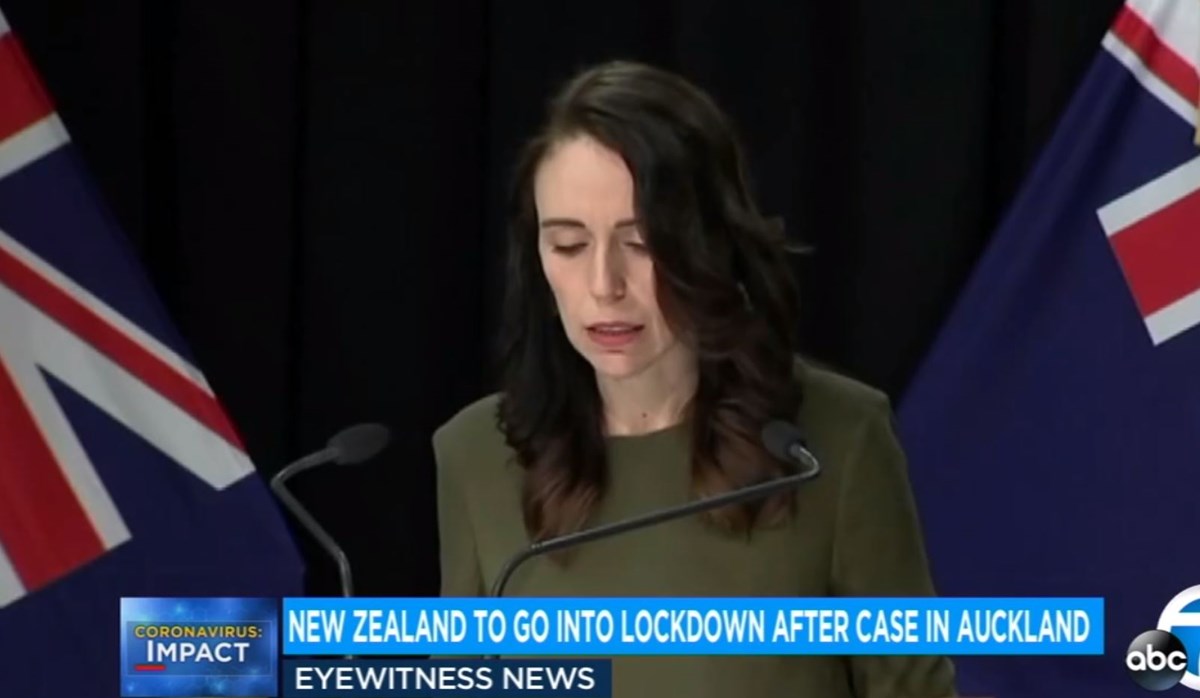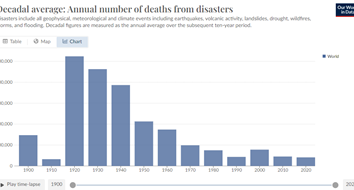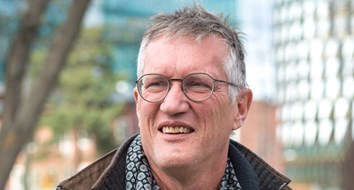New Zealand recorded its first locally transmitted COVID-19 case since February, prompting Prime Minister Jacinda Ardern to announce a nationwide lockdown Tuesday.
Ardern told a roomful of reporters that health officials assumed the case involved the highly contagious Delta variant, although genome sequencing had yet to be completed. Nevertheless, Ardern said "level 4" mandates—the state’s toughest—were required: school and business closures, with only “essential” services operating.
“Stay local. Do not congregate,” Ardern said. “Don’t talk to your neighbors. Please, keep to your bubbles.”
‘COVID isn’t going away’
Pandemics are awful, and the COVID-19 pandemic has been especially so. For the first time in history, governments across the world—emulating the hardline approach of China—adopted policies to quarantine healthy individuals.
A year and a half later, the virus is still with us. And we have an abundance of data—literally dozens of academic studies—that show attempts to mitigate the spread of the virus through lockdowns are ineffective and come with serious (and often lethal) unintended consequences.
For this reason, many have reached the painful conclusion highlighted yesterday by the New York Times: “COVID isn’t going away.”
“We can’t expect [the virus] to go away where we never have to think about it anymore,” Emily Martin, an epidemiologist at the University of Michigan, told the Times.
Most Americans agree. A July Gallup poll found that 59 percent of those who responded thought healthy people should go about life normally, compared to just 41 percent who thought healthy people should stay home to avoid the virus.
Dan Partridge, director of the Lawrence-Douglas County Health Department in Kansas, told the Times that evidence indicates public health interventions were too ineffective to warrant a second go.
“I don’t believe that a public health order in the future is going to be any more effective than they were in the past — and they weren’t effective enough,” Partridge told the paper, adding that he believes it is still appropriate to recommend masking and vaccination in lieu of mandates and lockdowns.
Managing COVID
The New York Times isn’t wrong. There is broad scientific consensus that COVID isn’t going away and cannot be eradicated like, say, smallpox.
“Eradicating this virus right now from the world is a lot like trying to plan the construction of a stepping-stone pathway to the Moon. It’s unrealistic,” Michael Osterholm, an epidemiologist at the University of Minnesota in Minneapolis, told Nature in February.
It’s not all bad news, however. Scientists say humans are likely to grow more resistant over time to the virus, which could simply mutate into another strain of the flu, similar to the H1N1 virus of 2009 (swine flu).
“I think this virus is with us to the future,” Ruth Karron, a vaccine researcher at Johns Hopkins, told The Atlantic. “But so is influenza with us, and for the most part, flu doesn't shut down our societies. We manage it.”
Karron made those comments to the Atlantic in August—of 2020.
Madness - New Zealand to impose nationwide lockdown after detecting 1st local case -- in 170 days: "Do not talk to your neighbors."pic.twitter.com/S3r2GBsvCf
— Jon Miltimore (@miltimore79) August 17, 2021
A Textbook Lesson in Public Choice Theory
Scientists and everyday people are beginning to realize that COVID-19 cannot be defeated by central planners implementing lockdowns and other coercive measures. (Indeed, because a majority of COVID cases are spread indoors in homes, government stay-at-home orders have the potential to actually make outbreaks worse.)
Politicians and bureaucrats, however, continue to push draconian measures that restrict the basic freedoms of the people they are supposed to serve. New Zealand is just the latest example. The question is why.
It’s unlikely that bureaucrats and politicians are simply less intelligent (though some of course are). A far more likely explanation is that they are operating under a different set of incentives than the people they serve.
The Nobel Prize-winning economist James M. Buchanan pointed out that public officials, like everyone else, arrive at decisions based on self-interest and incentives. This idea is known as Public Choice Theory, a field of economics that analyzes political behavior. Though many accept the idea that public servants are motivated to promote “the common good,” Buchanan argued they don’t become altruistic angels upon getting a government job.
This is a difficult concept for many to swallow—especially for big-government true believers—but it helps explain why politicians and bureaucrats continue to impose harmful lockdowns that have proven terribly ineffective at taming the virus.
It’s important to remember that politics is primarily about self preservation. And while imposing harmful restrictions might appear irrational, not imposing them also comes with serious risks—political risks. One need only look at the abuse leaders in Sweden, South Dakota, and Florida have endured for not imposing sweeping mandates.
New York may have the second highest COVID mortality rate in the US and its nursing home order may have needlessly resulted in the death of thousands, but Gov. Andrew Cuomo was hailed as a hero for his hardline policies. He inked a $5 million book deal, received an Emmy Award, and was invited on The Late Show with Stephen Colbert—before his subsequent downfall (which, it’s important to note, stemmed primarily from sexual misconduct allegations, not his deadly policies).
Compare the treatment Cuomo received to that of Anders Tegnell, Sweden’s top public health official, or South Dakota Gov. Krist Noem, who refused to implement lockdowns.
South Dakota Gov. Kristi Noem Seals Her Reputation as COVID’s Cartoon Villain https://t.co/v0KOb6dbDr
— michael daly (@MichaelDalynyc) October 9, 2020
Prime Minister Ardern’s decision to lock New Zealand down over a single case of COVID-19 might appear insane—even CNN appeared incredulous over it—but there is a method to the madness. And it’s rooted in public choice theory.





